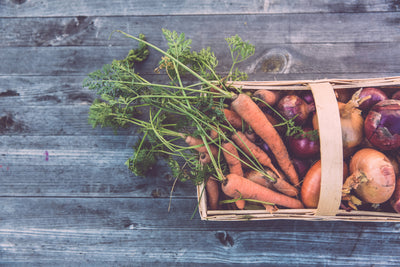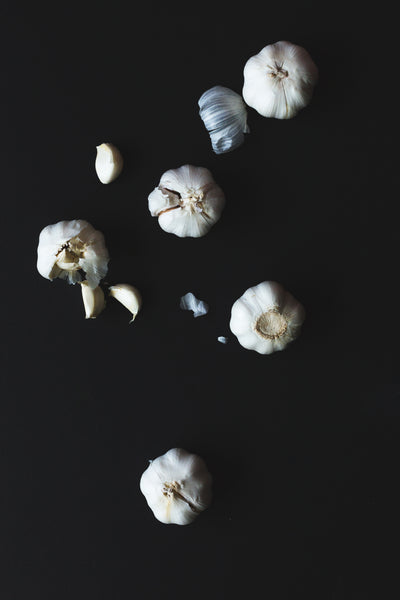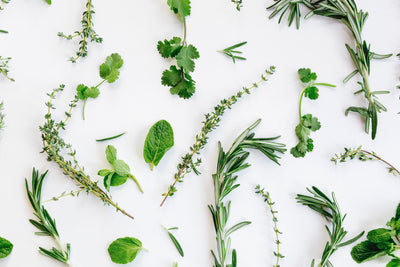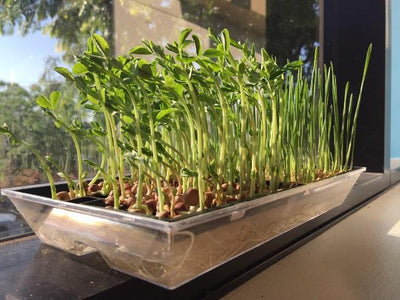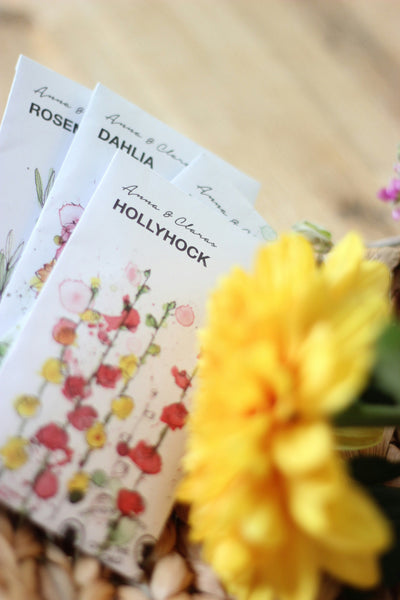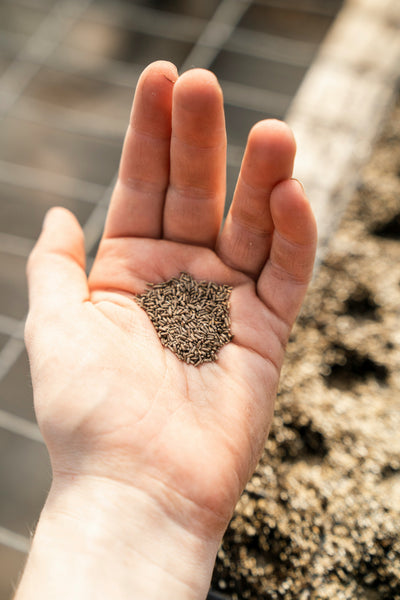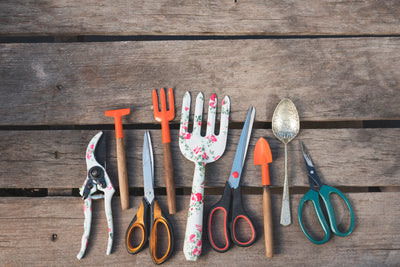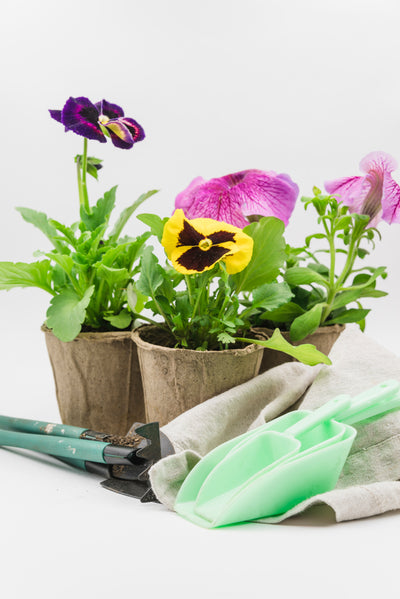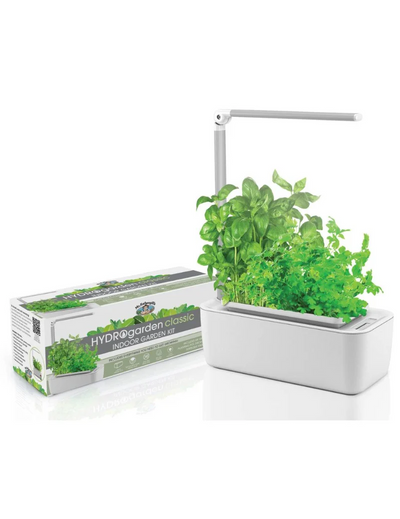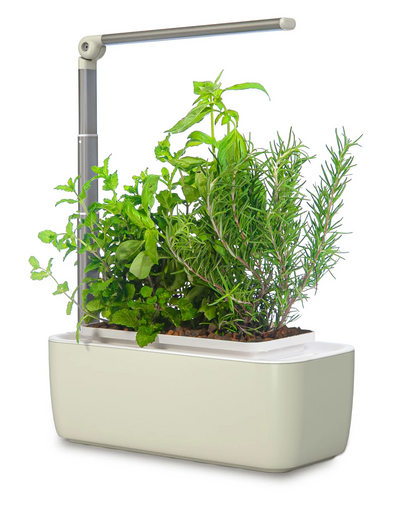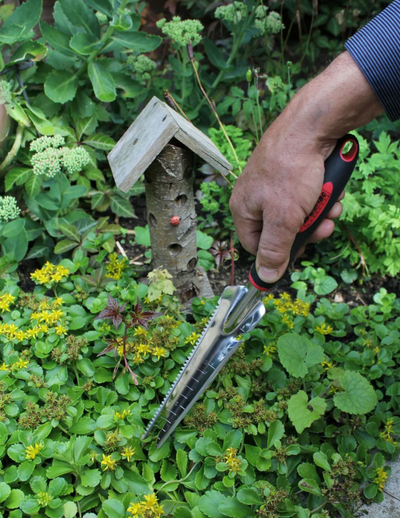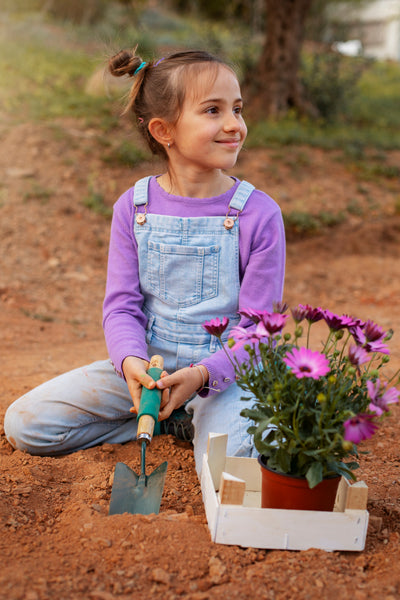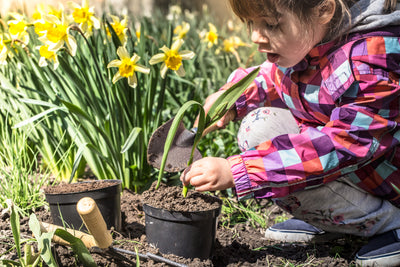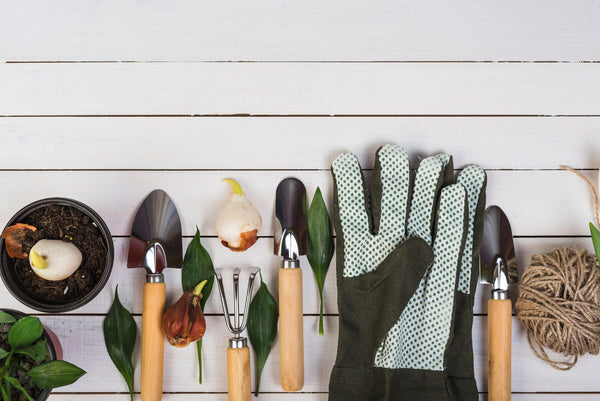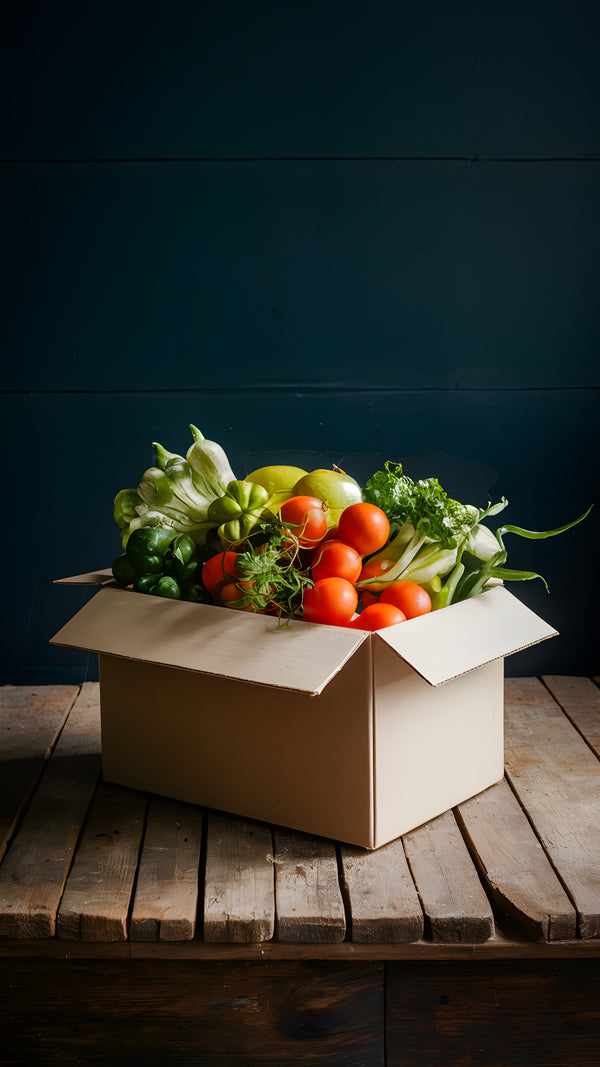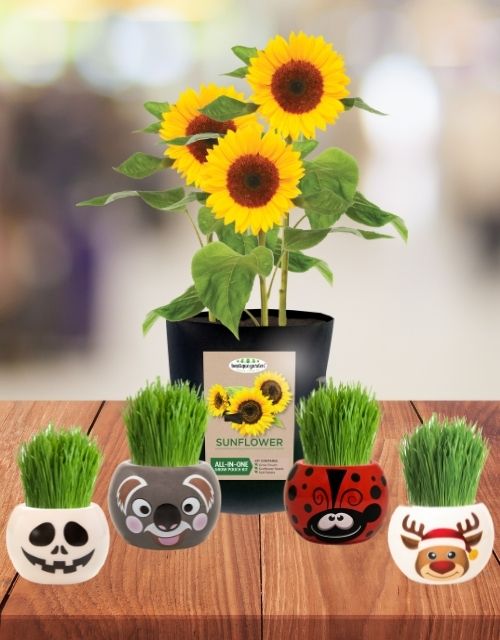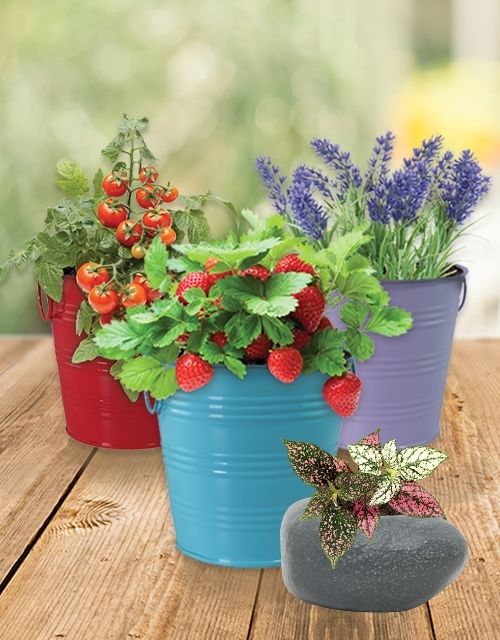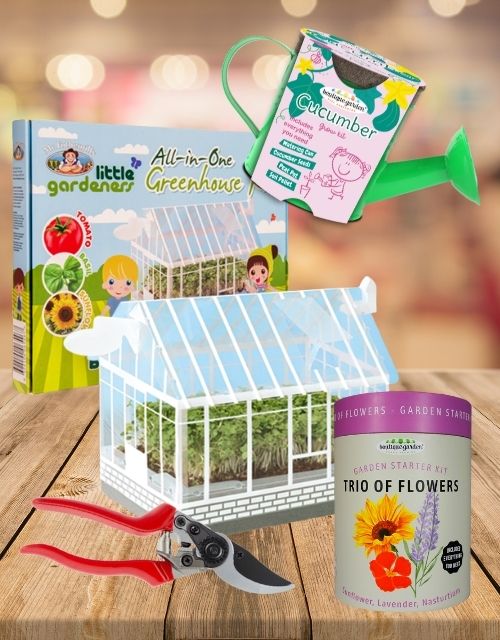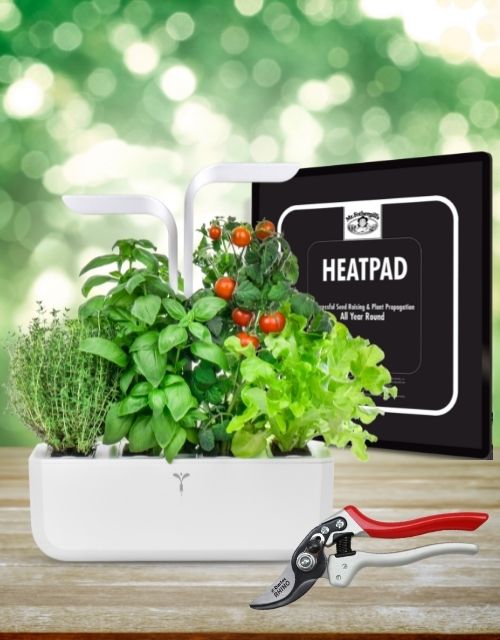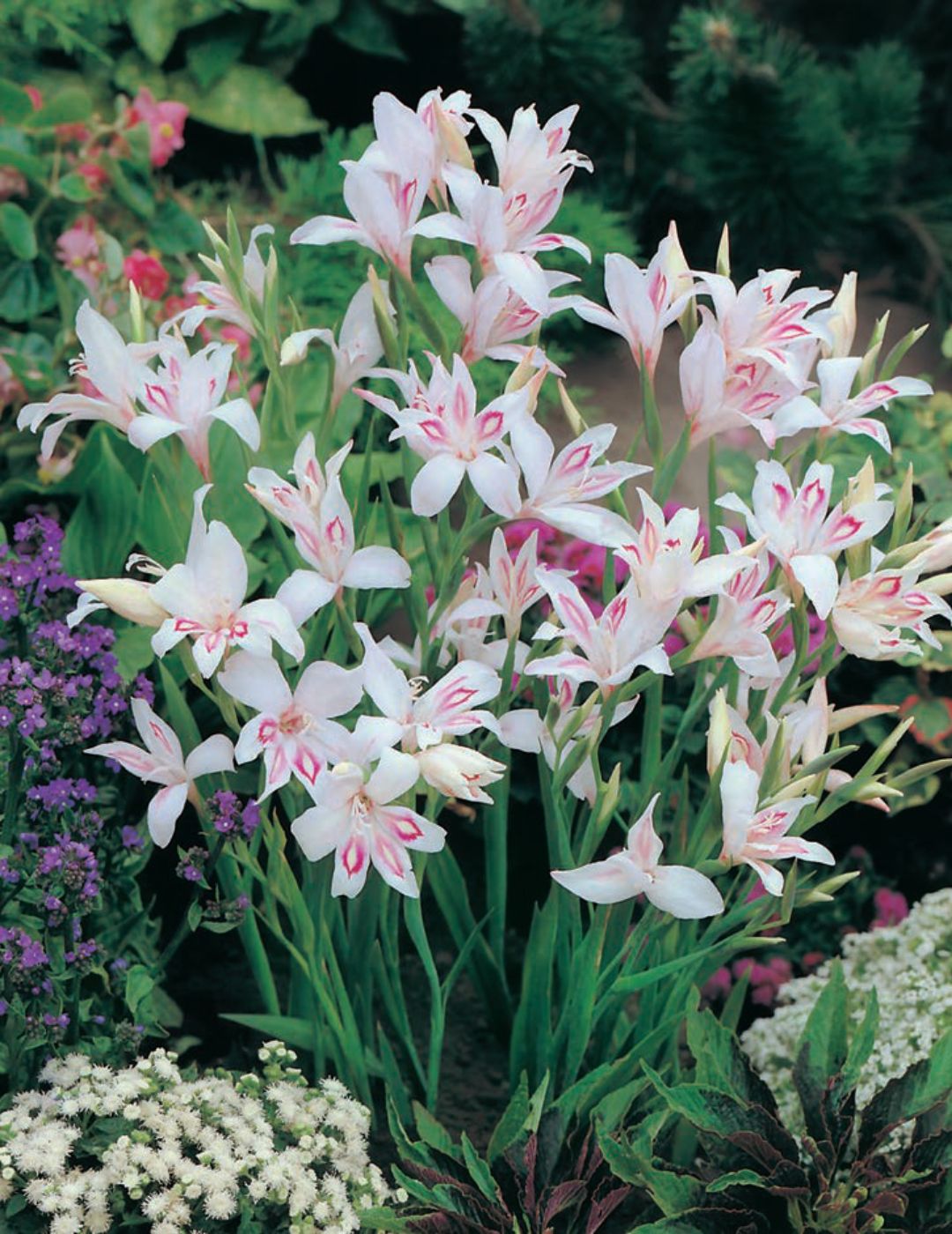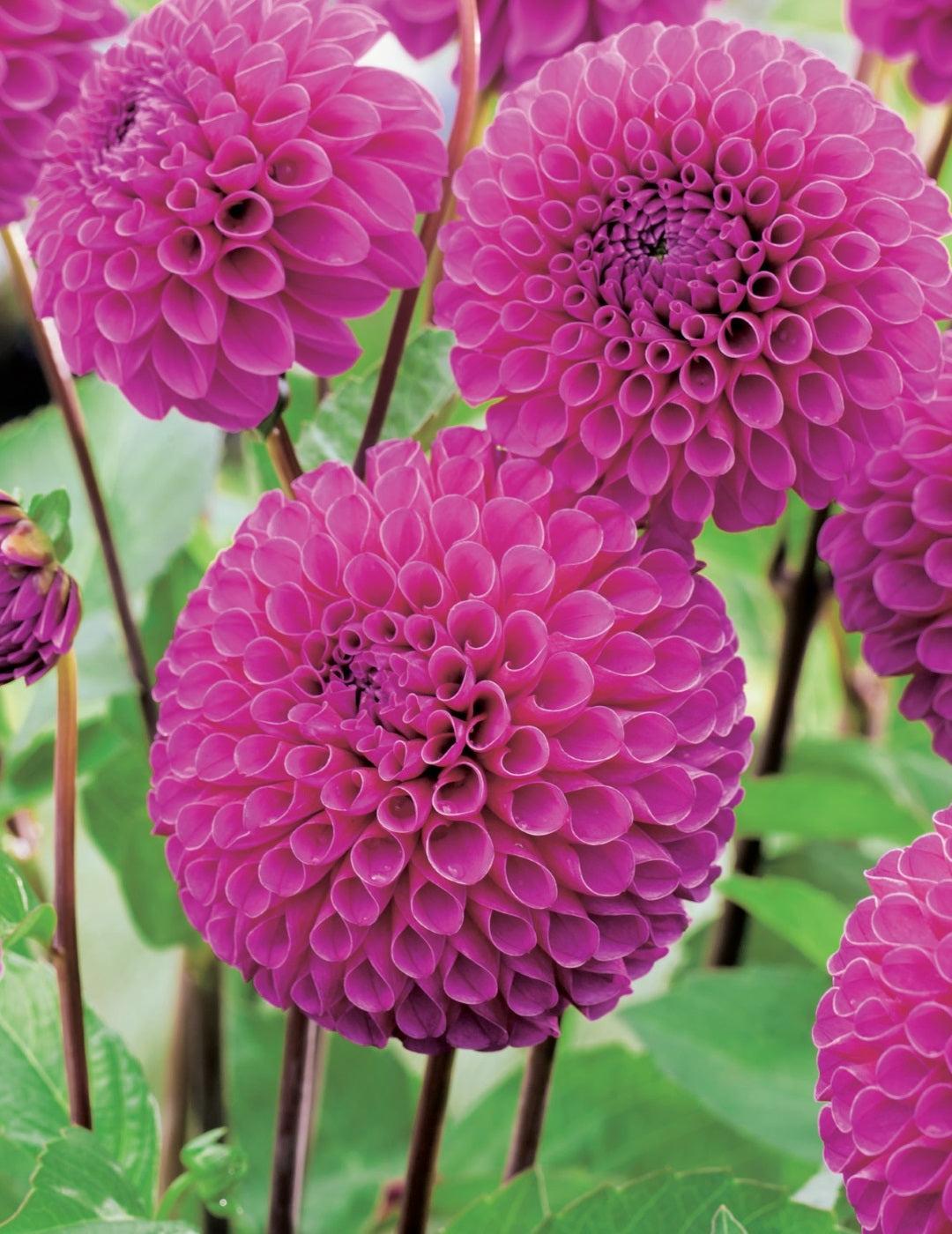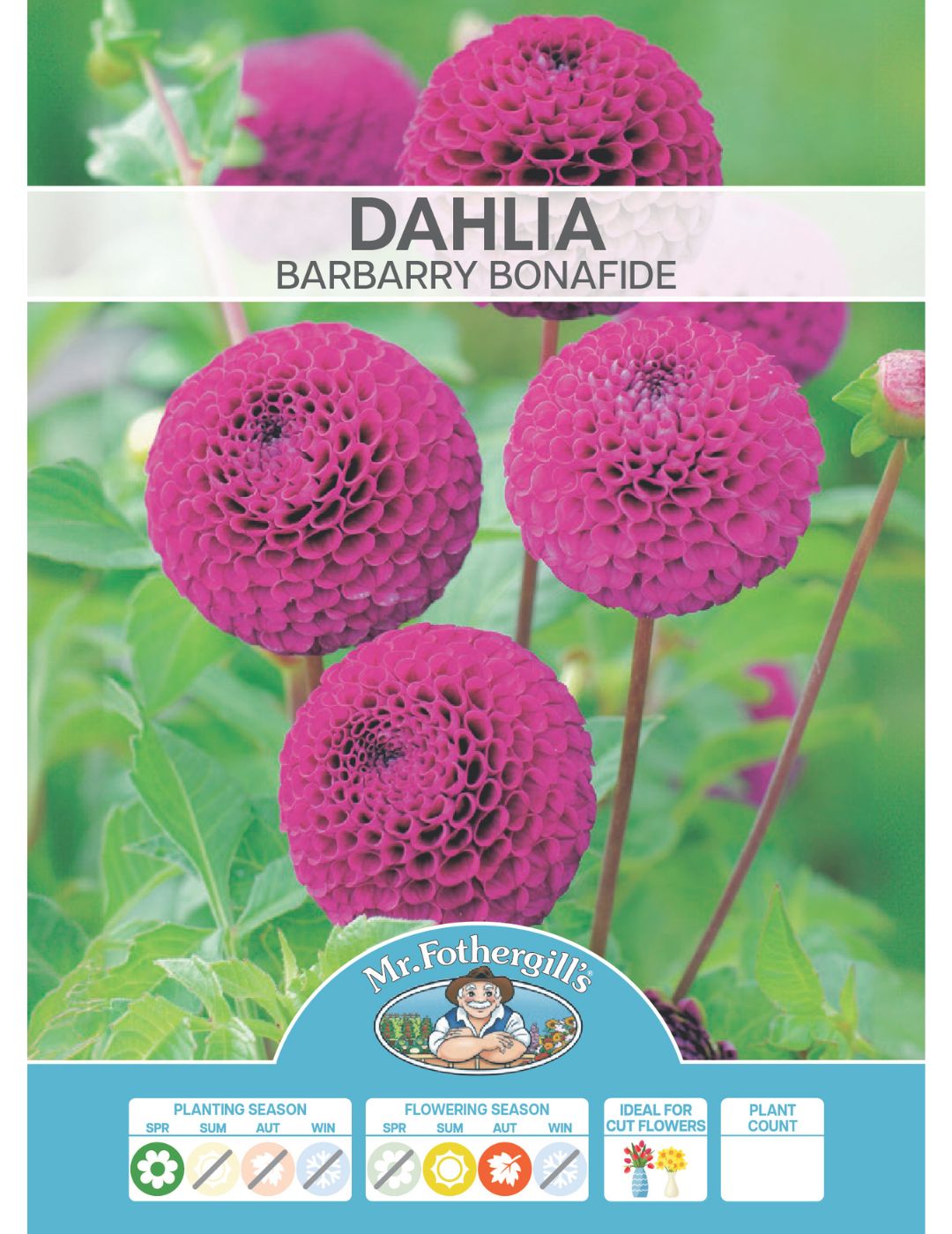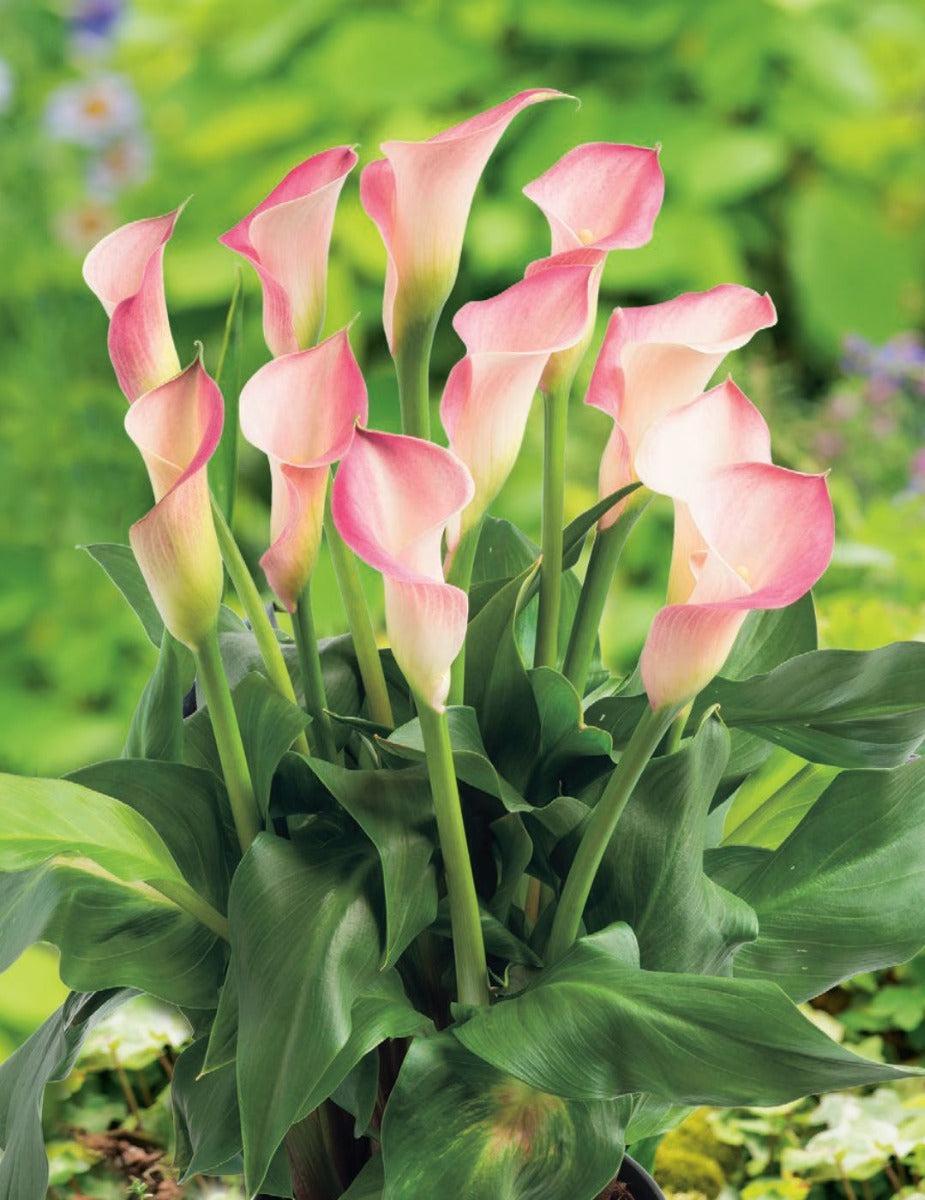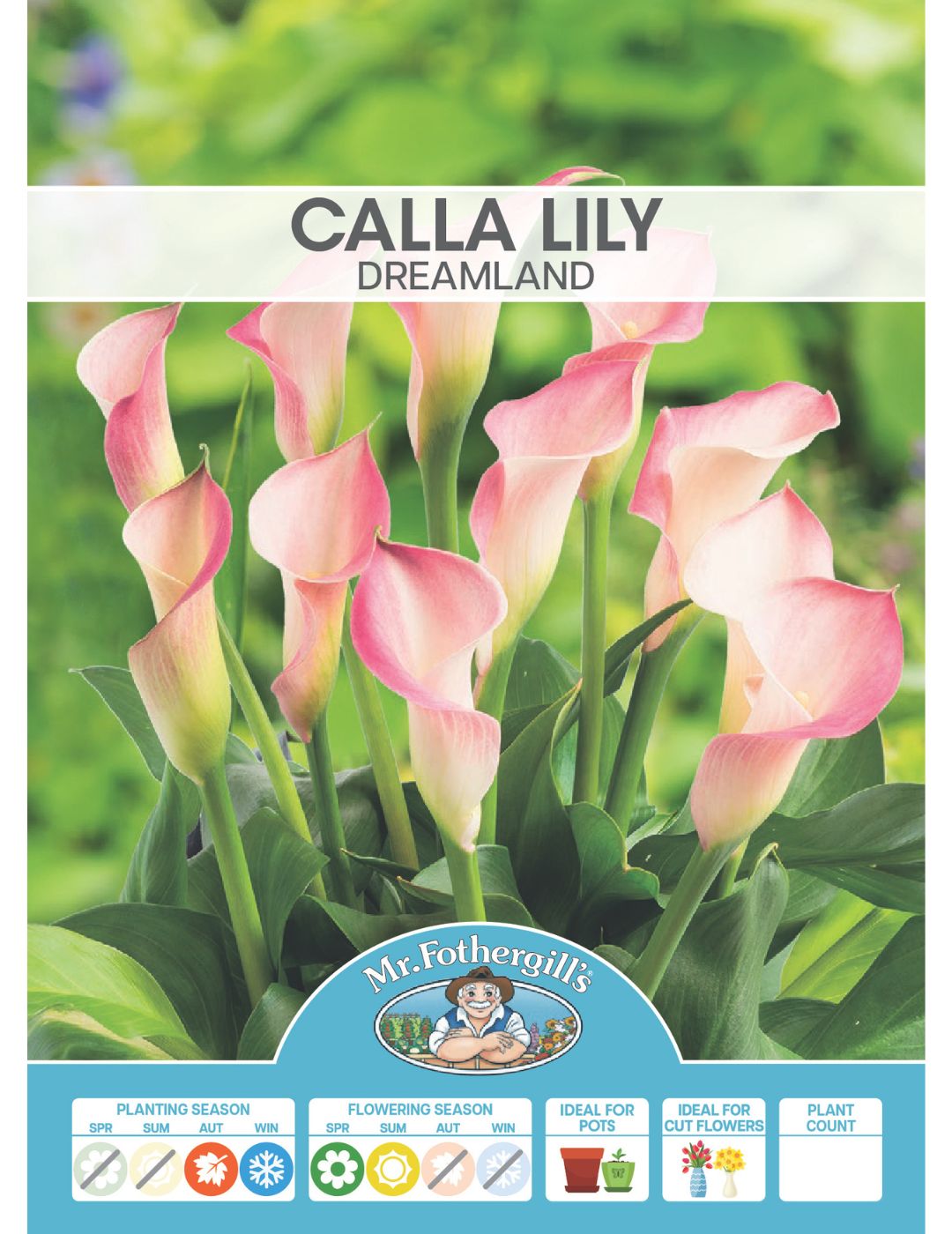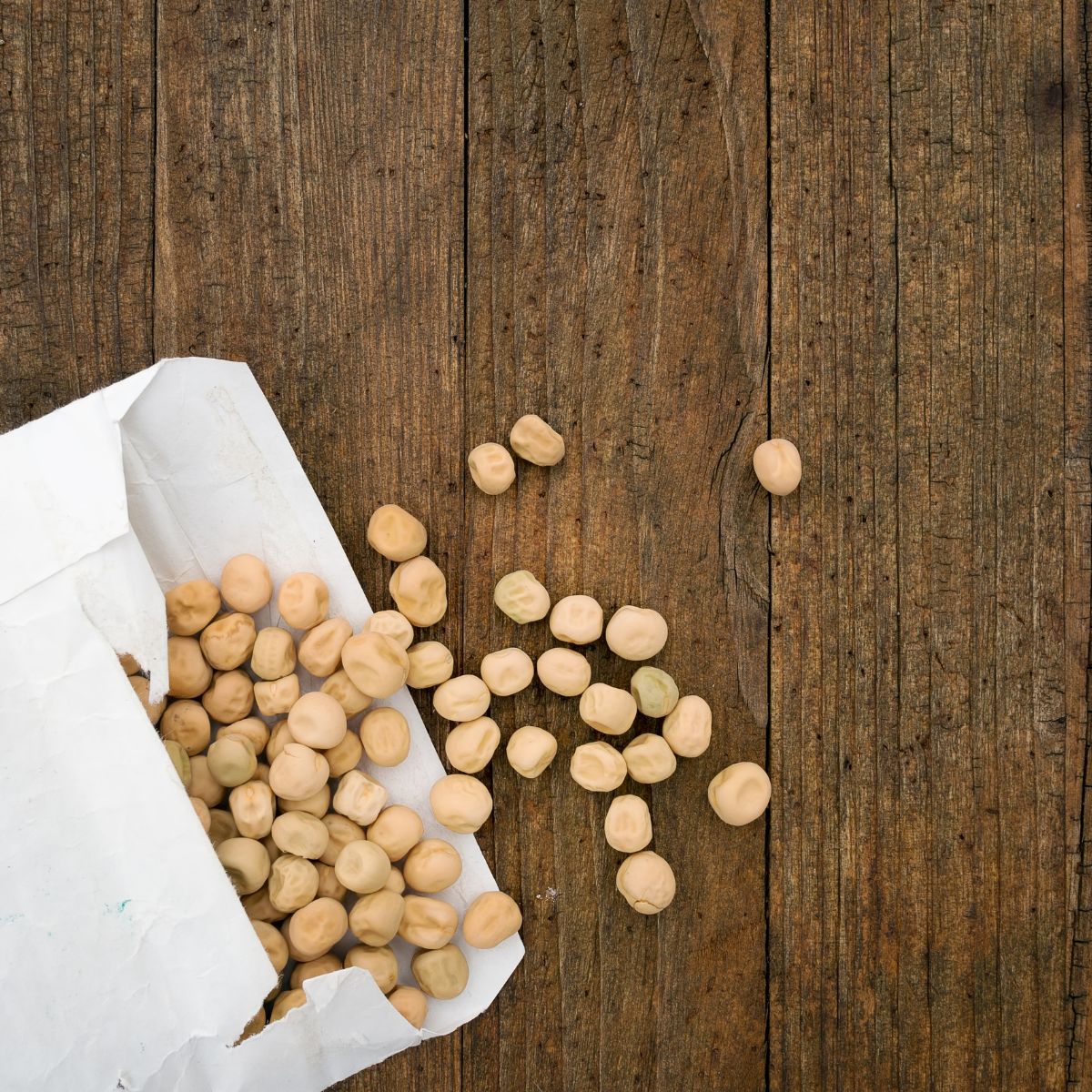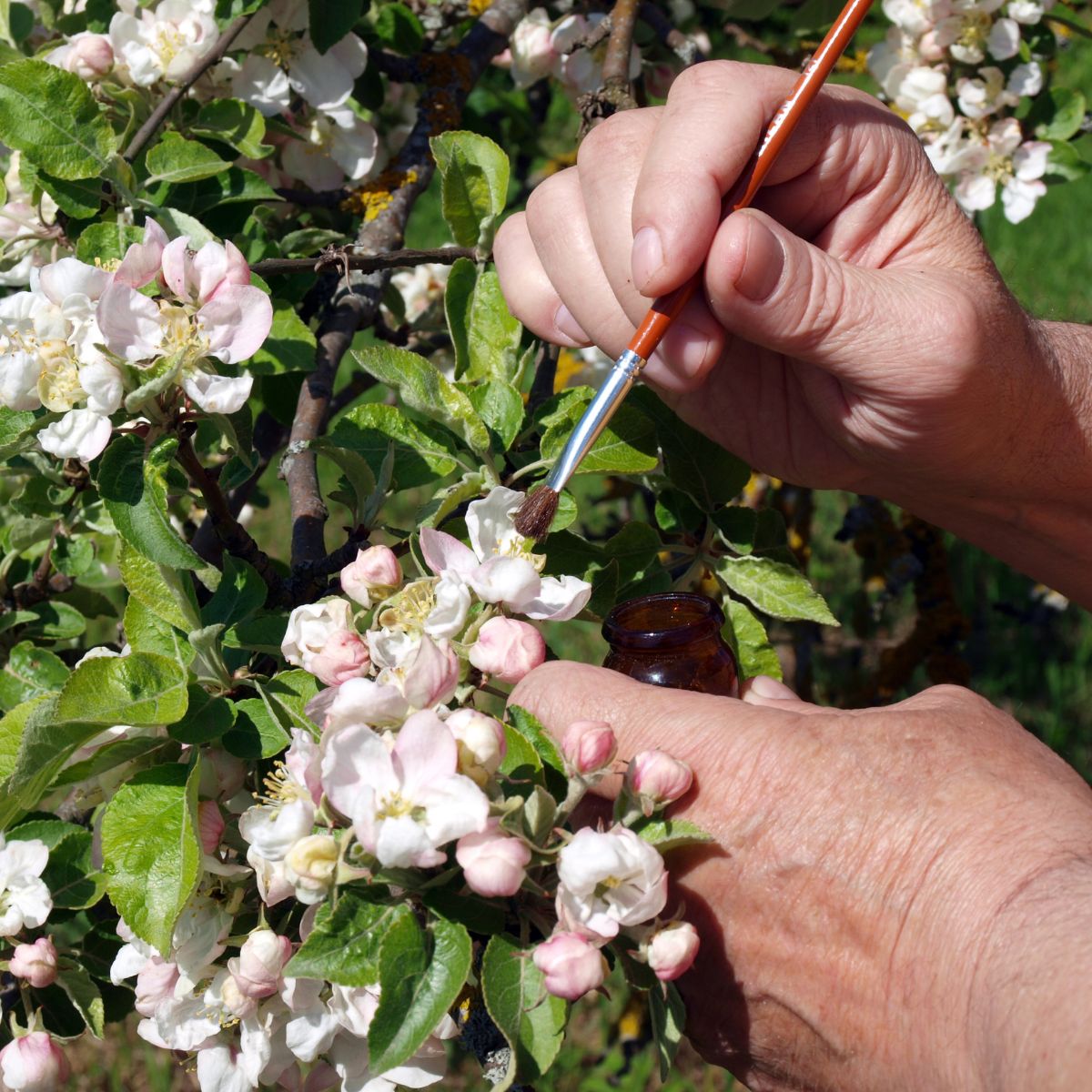
Summer may seem like a while away yet, but the cooler months are the perfect time to prepare your garden for blooming many months ahead. Though sowing flower seeds for summer is typically done in spring, planting flower bulbs is done a little earlier in winter. To prepare your garden well for the warmer season ahead, our guide on summer-flowering bulbs contains all you need to know, along with our best tips and recommendations.
What Are Summer-Flowering Bulbs
Summer-flowering bulbs are plants that grow from bulbs and begin to flower when summer arrives. Specifically, summer-flowering bulbs include bulbs, corms, rhizomes, and tubers, all of which are types of underground storage organs that are planted similarly.
These summer-flowering bulbs thrive in warm weather, even in full sun and dry conditions. As a result, they’re perfect for growing in warm Australian climates.
Summer-flowering bulbs will flower throughout summer and well into autumn, making them an ideal choice for keeping colour in your garden for many months to come.
When to Plant Summer-Flowering Bulbs
Summer-flowering bulbs are generally planted in the cooler months. However, when you plant them will depend on the climate within your area, specifically.
Those in cooler regions can plant their bulbs a little closer to summer, as the seasonal warm-up is slower. However, it’s recommended to plant much earlier in hotter regions, as planting later means that your plants will have difficulty establishing themselves amid harsh sun and dry conditions. You should plant your bulbs according to the type of region you live in below:
|
Tropical |
Autumn – Early Winter |
|
Subtropical |
Autumn – Winter |
|
Temperate |
Late Autumn – Winter |
|
Cool |
Late Winter – Early Spring |
How to Plant Summer-Flowering Bulbs
Summer-flowering bulbs do best when grown in well-drained soil, which should be enriched with garden compost or all-purpose fertiliser. These bulbs thrive in the sun, so ensure that they’re planted in a spot that will get plenty of sunlight, as they may fail to flower if they get too much shade.
When planting your bulbs, ensure that their pointed end is facing upwards. Generally, it’s best to plant them twice as deep as they are high. Space them as your packet’s instructions recommend, planting them in scattered groups to create a more natural effect, rather than in rows.
Some summer-flowering plants will grow to be quite tall, so varieties such as lilium bulbs and dahlia tubers will need to be staked at the time of planting.
As they grow, be sure to regularly water your plants and add an organic mulch to the soil to keep it moist and free of weeds.
Lifting and Storing Bulbs
Depending on the variety of bulbs you choose, you may need to lift them after the growing season ends. Some bulbs are fine to leave in the soil, while others require lifting and storing. By doing this, they are protected from damage caused by frost or rotting due to cold and wet weather conditions.
If you do lift your bulbs, be sure to dig around the area carefully, then place them in a breathable bag once they’re fully dry. It's best to keep them in a safe, cool, and dry place, away from potential pests.

What Bulbs Flower in Summer?
There are many summer-flowering bulbs that you can plant to produce wonderful blooms when summer arrives. Below are some of our favourites that we recommend. Many of these are ideal for cut flower arrangements:
Dahlias
Dahlias come in a vast variety of colours, meaning that there’s bound to be a variety that catches your eye. Their shapes are just as diverse, with single, cactus and ball dahlias to choose from. Growing dahlia tubers is ideal for pots and borders, and you’ll also produce the perfect flowers for cut flower arrangements.
Liliums
Liliums (also known as lilies) remain a favourite for their trumpet-shaped blooms that are wonderfully fragrant. Complementing all gardens, they come in a vast range of hues, from subtle white choices to bolder reds, yellows, and pinks. Some fantastic benefits of growing lilium bulbs are that they’re particularly impressive when used as cut flowers and also attract bees and butterflies as pollinator-friendly plants.
Hippeastrums
Hippeastrums (also known as amaryllis) also feature trumpet-shaped blooms and grow particularly striking, colourful heads. Being relatively simple to grow and often grown in pots, they’re a popular choice for growing on balconies and for indoor displays. The Hippeastrum bulbs can last between 15 and 20 years, making these vivid flowers a worthwhile investment.
Gladiolus
Gladiolus flowers are tall, upright plants that add a dramatic look to your garden. Our selection of Gladioli bulbs comes in diverse varieties to add your preferred hues to your growing space, with softer pastel colours as well as bolder reds and oranges available. You can even choose some of our mixed gladioli bulbs to take advantage of the full spectrum of colours. For creating a bold focal point in your garden, they’re an excellent choice.

